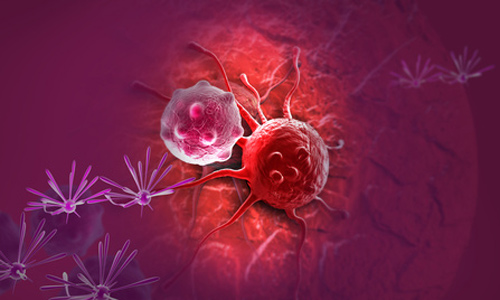Speaker Profile
M.D., Ph.D., Oncology Early Development, Merck Research Laboratories

Biography
Dr. Pruitt joined Merck’s Experimental Medicine Division in 2013 before moving to Oncology Early Development in 2015, where he developed, and continues to direct, the Keynote-158 Keytruda basket trial, with his work culminating in the FDA approval of Keytruda in MSI-H cancer, the first tumor type-agnostic approval of any cancer therapeutic. He also led the clinical team that gained FDA approval of Keytruda in cervical cancer, the first approval of any PD-1/PD-L1 blocker in gynecologic cancer. In addition, he serves as the clinical director for the immune metabolic modulator Early Development team. Dr. Pruitt obtained his undergraduate degree in Biochemistry from Harvard College, his medical degree from Columbia University College of Physicians and Surgeons, completed his general surgical residency at Duke Hospital, and obtained his doctorate in Microbiology and Immunology from Duke University. He has devoted over 30 years to immunology and cancer immunotherapy research, initially as a research fellow and resident, and then as a faculty member and practicing surgical oncologist at Duke University and the Durham VA Medical Center. Dr. Pruitt has authored over 80 original, peer-reviewed publications and book chapters related to immunology, cancer immunotherapy, translational research, and surgical oncology.
Session Abstract – PMWC 2019 Silicon Valley
Session Synopsis: Immune checkpoints consist of inhibitory and stimulatory pathways that maintain self-tolerance and assist with immune response. In cancer, immune checkpoint pathways are often activated to inhibit the anti-tumor immune response. Immune checkpoint therapies act by blocking or stimulating these pathways and enhance the body’s immunological activity against tumors. While providing significant advances in treatment, PD-(L)1 inhibitors are not always effective, leaving many patients in need of alternative therapies. As the complex interaction between a tumor and the immune system becomes better understood, more options for harvesting these interactions toward cancer treatment will likely become available.




